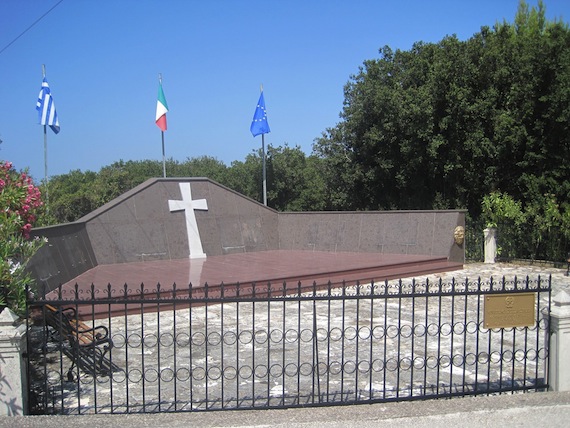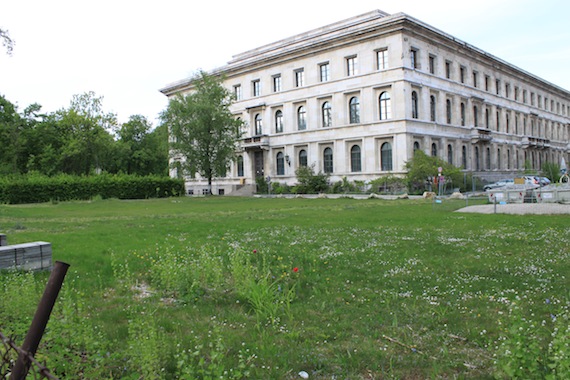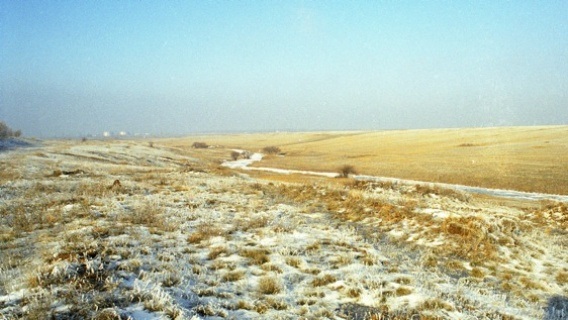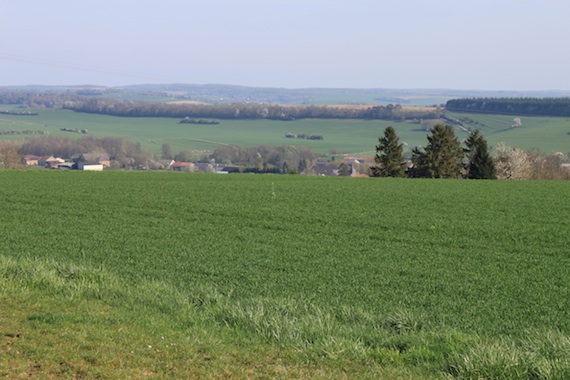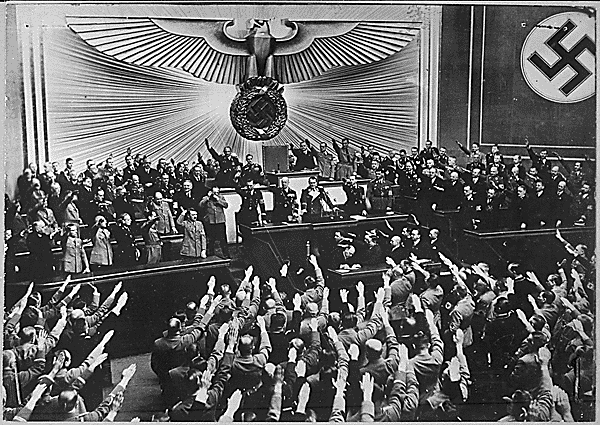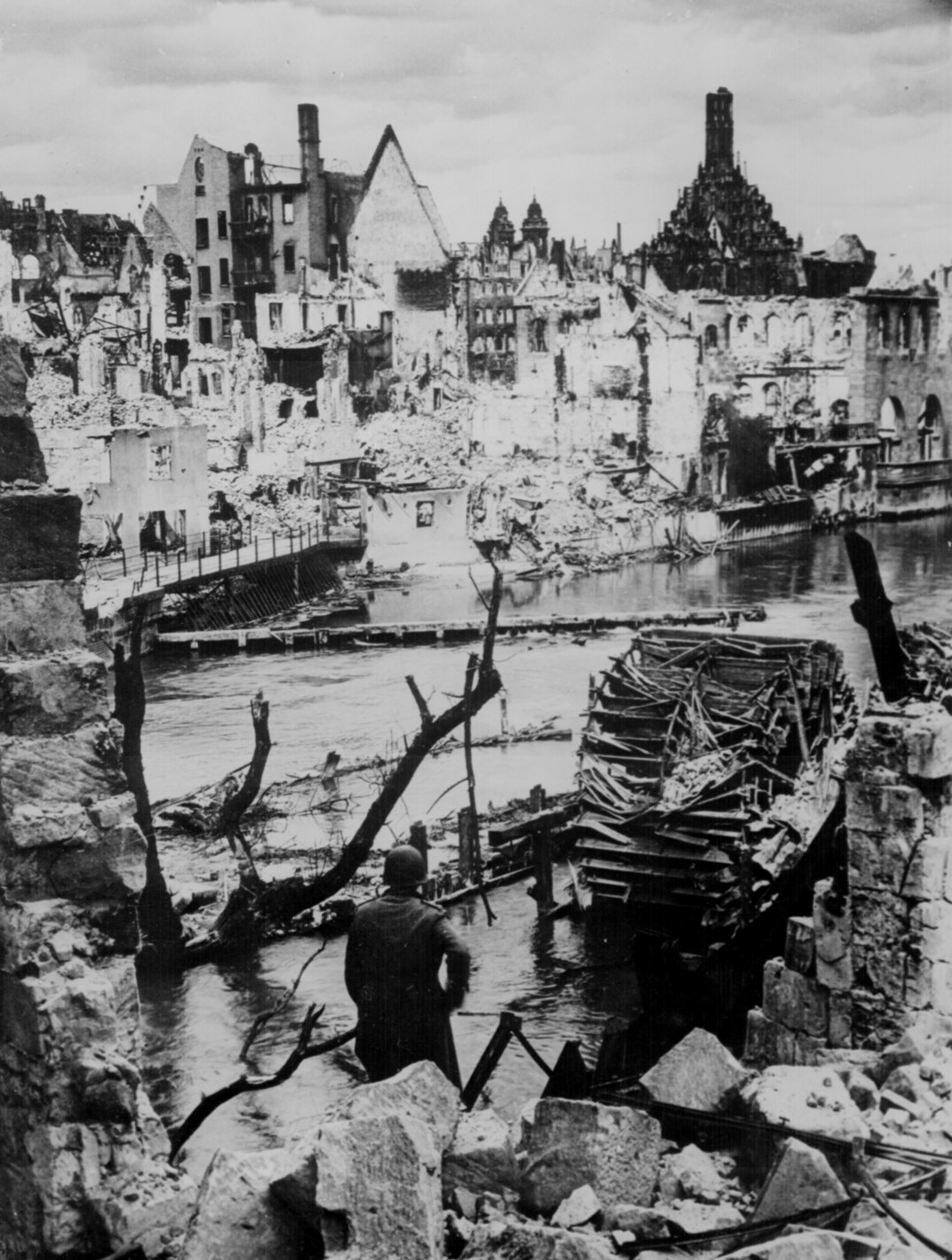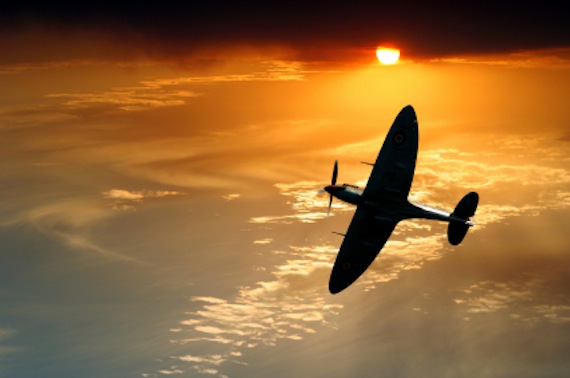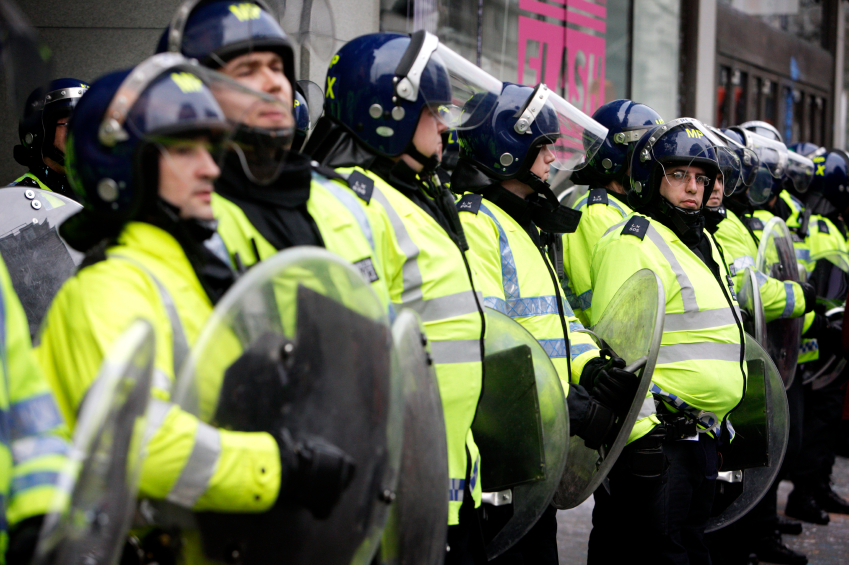
The Metropolitan riot police.
I’ve just returned from South East Asia to news of these terrible riots across England. They’re unlike anything I can remember in this country in my lifetime. So many people we know have been affected. A friend of my daughter’s, for instance, woke up to find that thugs had burned her car. And shops that we all frequent in Ealing in West London have been looted.
But looking at the press coverage and the comments of politicians also makes me think of the relevance of these English riots to one of the most crucial questions of the last century. Which is this: how was it possible that millions of law-abiding Germans turned to the Nazis – who openly preached the importance of using violence against their opponents – in 1932? At first sight it seems almost impossible to understand how ordinary citizens who wanted to lead a peaceful, quiet life could willingly vote for a political party that so valued thuggery. (more…)
 Twitter
Twitter